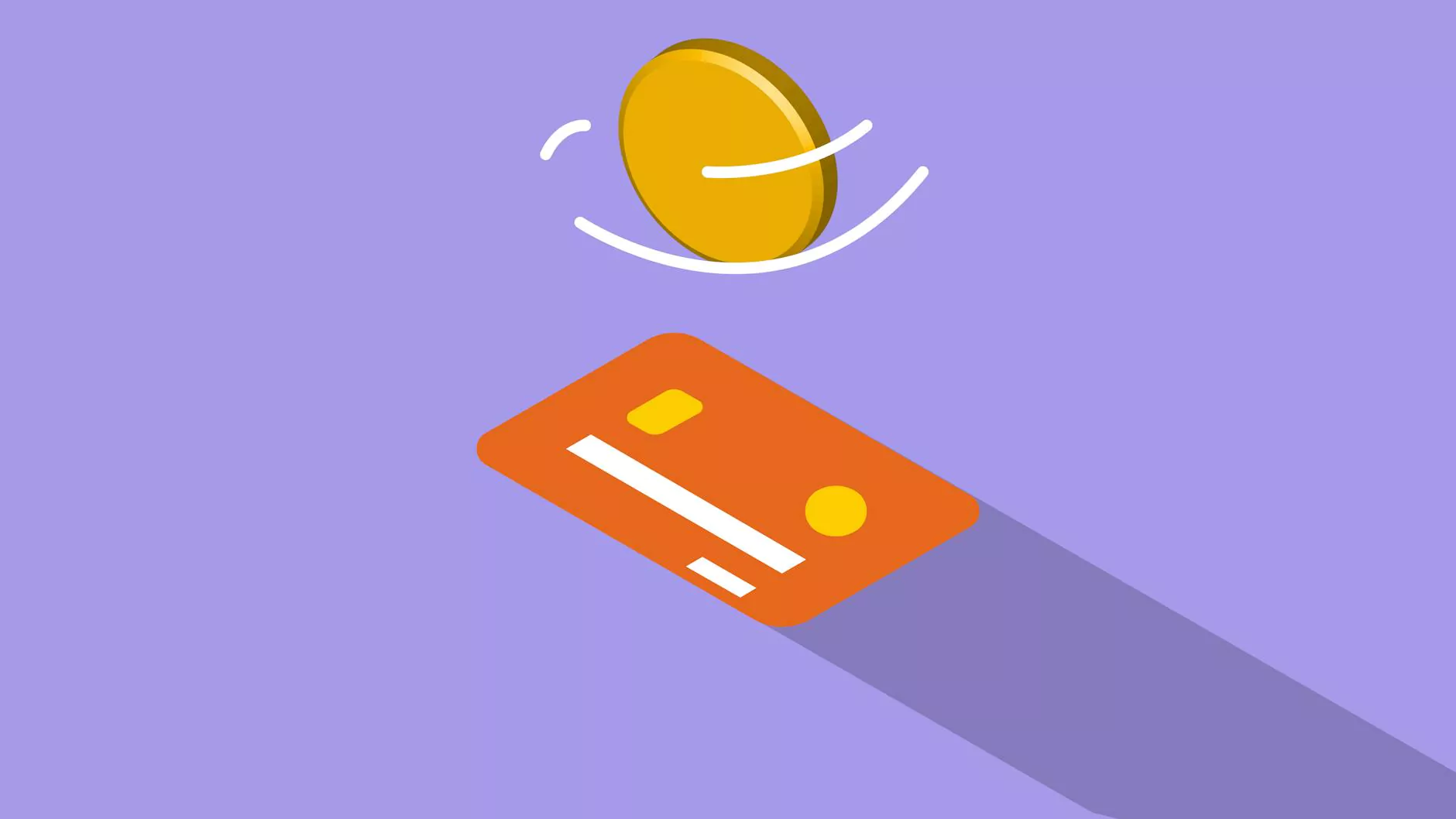Understanding Fixed, Variable, and Periodic Expenses

Why Understanding Your Expenses Matters
Managing your expenses effectively plays a crucial role in achieving financial stability and pursuing your long-term goals. It is essential to understand the different types of expenses you encounter on a regular basis. In this comprehensive guide, Social Service of America, a trusted philanthropic organization dedicated to community and society, breaks down fixed, variable, and periodic expenses, providing you with insights and strategies to effectively manage them.
Fixed Expenses: Stability in Your Budget
Fixed expenses refer to those recurring costs that remain relatively constant from month to month. These expenses are typically essential and necessary for your day-to-day life. They include items such as mortgage or rent payments, utility bills, insurance premiums, and loan repayments.
By understanding your fixed expenses, you can create a stable budget and allocate your income accordingly. It is essential to regularly review these expenses and seek opportunities to reduce them, such as refinancing your mortgage or negotiating lower insurance premiums. Social Service of America believes in empowering individuals with the knowledge to make informed financial decisions.
Variable Expenses: The Importance of Flexibility
Variable expenses, as the name suggests, are costs that fluctuate from month to month. These expenses are typically discretionary and include items such as entertainment, dining out, and non-essential shopping. Variable expenses require more flexibility in your budgeting approach.
Monitoring and controlling your variable expenses can be challenging, but it is essential for financial well-being. Social Service of America recommends tracking your spending habits, setting realistic limits, and prioritizing your needs over wants. By being mindful of your variable expenses, you can make conscious choices that align with your financial goals.
Periodic Expenses: Planning for the Unexpected
Periodic expenses are those that occur irregularly throughout the year. These expenses can catch you off guard if not properly planned for. Examples of periodic expenses include vehicle repairs, medical expenses, and home maintenance.
Social Service of America emphasizes the importance of creating an emergency fund to handle these unforeseen expenses. By setting aside a portion of your income each month, you can build a financial buffer for when these expenses arise. Additionally, researching and understanding the typical costs associated with periodic expenses will help you plan and budget effectively.
Managing Your Periodic Expenses
Effectively managing your periodic expenses involves a combination of proactive planning and continuous monitoring. Social Service of America offers the following tips to help you master your periodic expenses:
1. Create a Budget:
Start by creating a comprehensive budget that accounts for all your fixed, variable, and periodic expenses. Having a clear overview of your financial obligations enables you to make informed decisions and prioritize your spending.
2. Prioritize Your Saving Goals:
Identify your financial goals and ensure you allocate a portion of your income towards savings. By prioritizing your savings, you can be better prepared for unexpected periodic expenses and other future financial needs.
3. Research and Estimate Costs:
For each periodic expense category, research and estimate the potential costs you may incur. This will help you budget effectively and avoid any financial surprises.
4. Set Up an Emergency Fund:
Establish an emergency fund to cover any unexpected expenses that may arise. Aim to save at least three to six months' worth of living expenses to provide a safety net during challenging times.
5. Regularly Review and Adjust:
Periodically review your budget and adjust it as necessary. Life circumstances and priorities may change, requiring you to adapt your financial plan accordingly.
Conclusion
Understanding and managing fixed, variable, and periodic expenses are essential steps towards achieving financial stability. By taking control of your expenses and implementing effective budgeting strategies, you can pave the way for a secure financial future.










